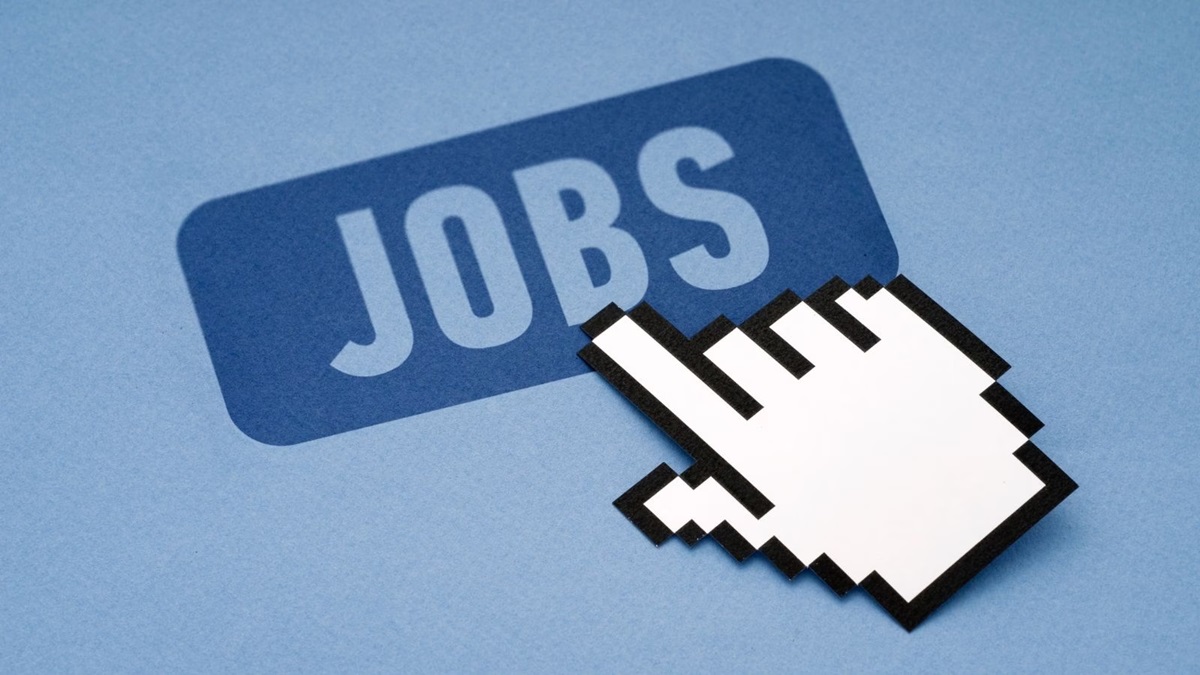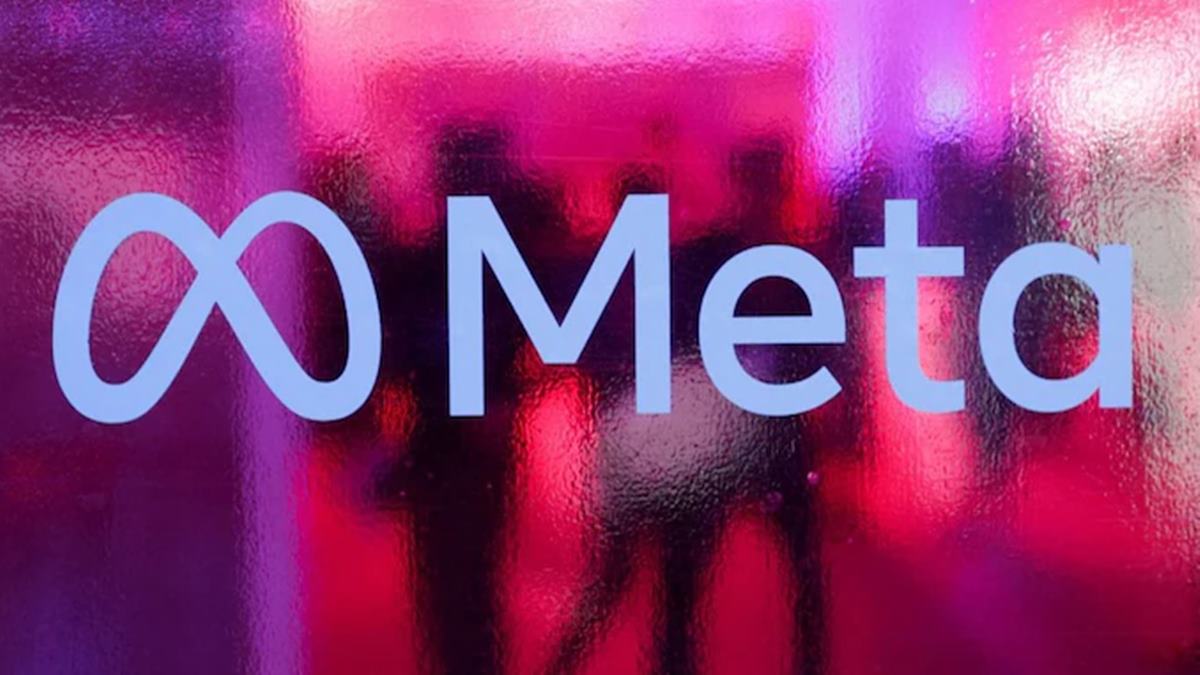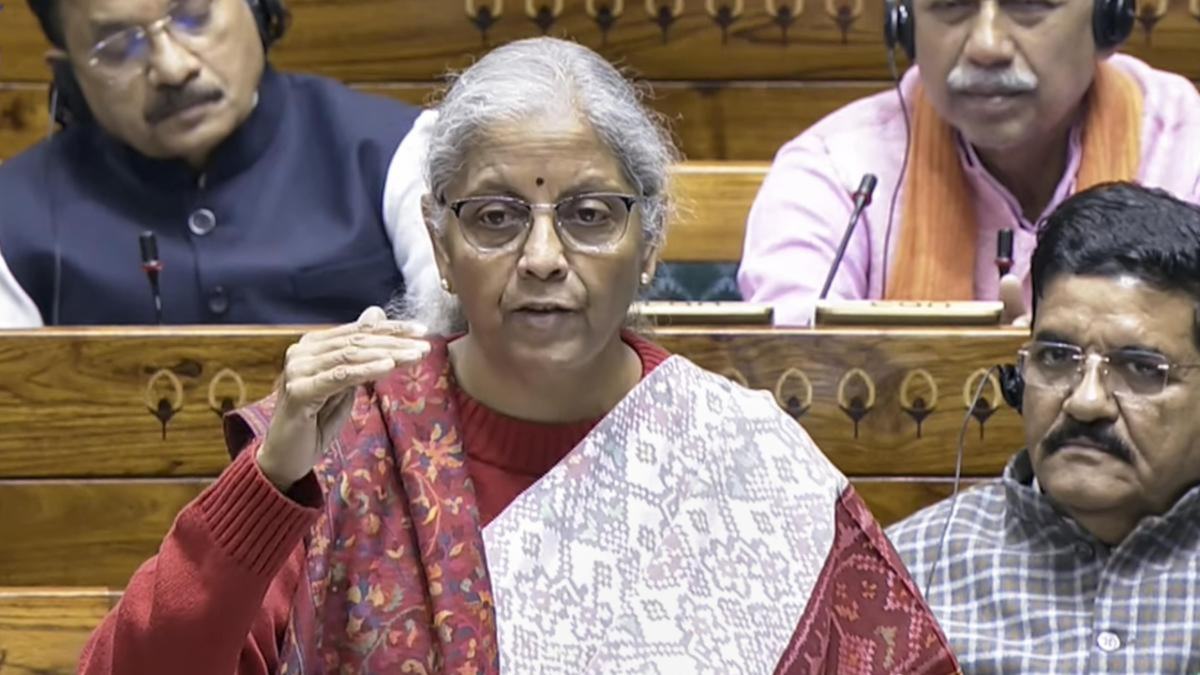An Australian computer scientist has turned down a billion-dollar job offer from Mark Zuckerberg himself.
Andrew Tulloch has gained attention after turning down a $1.5 billion job offer from Meta.
Tulloch holds a Bachelor of Science in Advanced Mathematics from the University of Sydney, where he graduated with first-class honors and received the university medal. He furthered his studies at the University of Cambridge, earning a Master’s in Mathematical Statistics with distinction.
Tulloch’s professional journey includes notable roles at leading tech companies. He worked at Meta (formerly Facebook) for over a decade, where he became a Distinguished Engineer, contributing to large-scale machine learning systems and the development of PyTorch. In 2023, he joined OpenAI, focusing on the pretraining of GPT-4o and GPT-4.5 models.
In early 2025, Tulloch co-founded Thinking Machines Lab with Mira Murati, the former CTO of OpenAI. The startup, valued at $12 billion, aims to develop AI systems that are safer, more customizable, and interpretable. Despite receiving a $1.5 billion offer from Meta to rejoin the company, Tulloch declined, prioritizing the mission and values of Thinking Machines Lab over financial incentives.
Reportedly, a screenshot of Tulloch’s work experience, listed on his LinkedIn profile, has been going viral on social media.
This generous proposal was part of Meta’s broader strategy to attract top AI talent, especially from emerging startups that are developing cutting-edge technologies. Meta aimed to strengthen its AI capabilities by bringing in experienced researchers like Tulloch, who had previously worked at Meta and OpenAI, and had demonstrated expertise in advanced machine learning systems. The company’s interest reflected the intense competition among tech giants to lead in the rapidly evolving AI space.
Despite the lucrative financial incentives, Tulloch declined Meta’s offer, choosing instead to focus on the mission and vision of Thinking Machines Lab. He prioritized autonomy, innovation, and alignment with his startup’s goals over the considerable monetary rewards. This decision highlights a growing trend among AI professionals who value creative freedom and a mission-driven approach more than corporate resources. Tulloch’s choice underscores the importance of startup culture in shaping the future of AI research and reflects a shift in the industry toward prioritizing purpose and innovation alongside financial gain.
This trend of valuing mission and innovation over monetary gain is likely to have far-reaching implications for the AI industry. As talented researchers like Tulloch choose startups over tech giants, companies will need to rethink their recruitment and retention strategies. Rather than relying solely on large financial packages, organizations must cultivate environments that promote creativity, transparency, and a clear sense of purpose. This shift could lead to a more diverse and dynamic AI ecosystem, where breakthrough ideas come from a range of players, both large and small. It also challenges established tech firms to become more agile and mission-driven themselves if they want to remain competitive in attracting top talent.
Furthermore, Tulloch’s decision illustrates the growing importance of ethical and strategic considerations in AI development. With AI’s potential impact on society becoming more profound, many researchers seek to work with organizations that share their values and are committed to responsible innovation. By focusing on alignment with startup culture and mission, AI professionals may better navigate the complex challenges surrounding AI safety, fairness, and transparency. Ultimately, this evolving landscape encourages a more thoughtful, human-centered approach to AI progress, where success is measured not only by technological advancement but also by societal benefit and ethical responsibility.




















